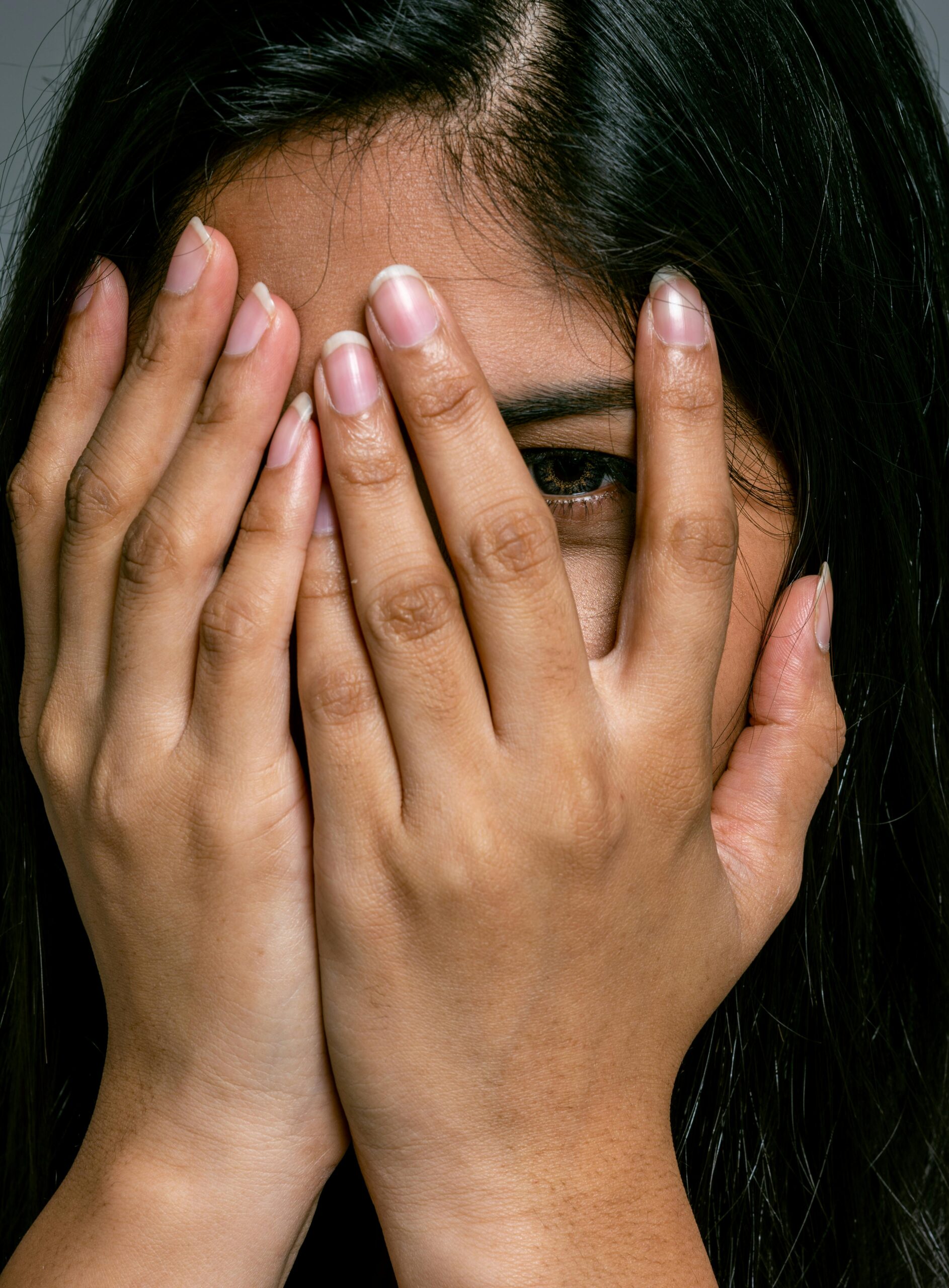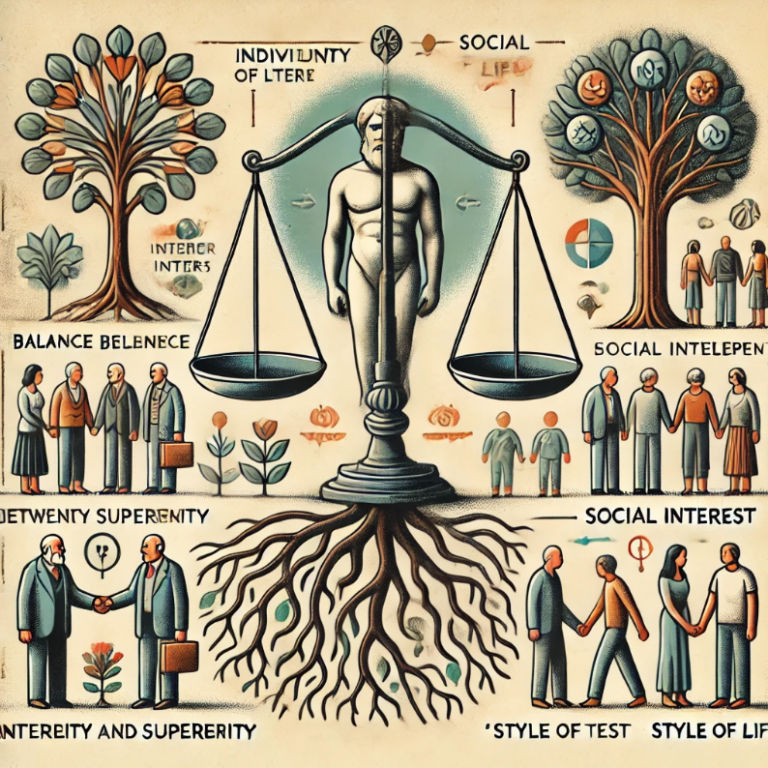Stress is a natural response to situational pressures or demands, particularly when these are perceived as threatening or dangerous. It results from the release of brain chemicals, known as hormones,...
Mob mentality, or herd behavior, reflects the dangerous transformation of individuals into a collective force, often with devastating consequences. In India, where a complex interplay of social, cultural, and technological...
The Life of Freud (1856–1939) Early Years Freud was born in 1856 in Freiberg, Moravia (now Příbor, Czech Republic). His father, a wool merchant, struggled financially and moved the family...
A Latin Square is a statistical tool used in experimental design, particularly in psychology and other social sciences, to control for two types of potential confounding variables. It arranges the...
In 1979, Daniel Kahneman and Amos Tversky introduced Prospect Theory in their paper “Prospect Theory: An Analysis of Decision Under Risk.” This groundbreaking theory challenged traditional economic models, which assumed...
Below are some lesser-known common phobias, organized alphabetically: A Ablutophobia: Fear of bathing or cleaning. Acrophobia: Fear of heights. Aerophobia: Fear of flying. Aichmophobia: Fear of sharp objects. Arachnophobia: Fear...
Depression is a mental health disorder characterized by persistent feelings of sadness, hopelessness, and a lack of interest or pleasure in activities. It can affect a person’s thinking, behavior, and...
What is Delinquency? Delinquency refers to illegal or antisocial behaviors, often exhibited by minors, that violate the legal or social norms of society. Common examples include theft, vandalism, substance abuse,...
Shyness is a feeling of discomfort or apprehension in social situations, often accompanied by self-consciousness, nervousness, or anxiety when interacting with others. Shy individuals may avoid social interactions or experience...
Social psychology is the study of how individuals think, feel, and behave in social contexts. The field has evolved significantly since its inception, shaped by diverse theories, research, and historical...
Alfred Adler’s theory, known as Adlerian psychology or individual psychology, provides a comprehensive approach to understanding human behavior and mental health. Here’s a detailed yet easy-to-understand explanation of his theory,...
“Suicide is a permanent solution to temporary problems.” — Phil Donahue Behind India’s rapid development, an invisible crisis brews—suicide. In 2021, 164,033 people died by suicide, each case a poignant...
The PERMA model is a well-known theory in positive psychology developed by psychologist Martin Seligman. This model outlines the key elements that contribute to human well-being and happiness. Each letter...
Setting: A laboratory room designed to be both stimulating and somewhat stressful for the child, containing toys and a chair for the caregiver. The environment is meant to provoke separation...
Paul Ekman, a pioneering American psychologist, is best known for his groundbreaking research on emotions and their relation to facial expressions. His work has significantly contributed to the understanding of...
Social Learning Theory, proposed by Albert Bandura (1977), emphasizes that behavior is learned through observing others and modeling their actions, especially in social contexts. Unlike traditional behaviorist views that focus...
Transactional Analysis (TA) is a psychological theory developed by Eric Berne in the 1950s. It is designed to help individuals understand their behavior, communication, and relationships. The core of TA...
Leadership is the ability to influence, motivate, and guide individuals or groups toward achieving common goals. It’s not merely about managing tasks, but about inspiring and empowering people to reach...
Abraham Maslow, an American psychologist, is best known for his groundbreaking contributions to humanistic psychology. Born in Brooklyn, New York, in 1908, Maslow developed a profound interest in understanding what...
Psychological research employs various methods to study human behavior and mental processes. Each method has unique advantages and limitations, and the choice depends on the research question and context. Below...
The placebo effect is a well-documented psychological phenomenon where individuals experience real improvements in their condition because they believe they are receiving treatment, even if the “treatment” has no therapeutic...























